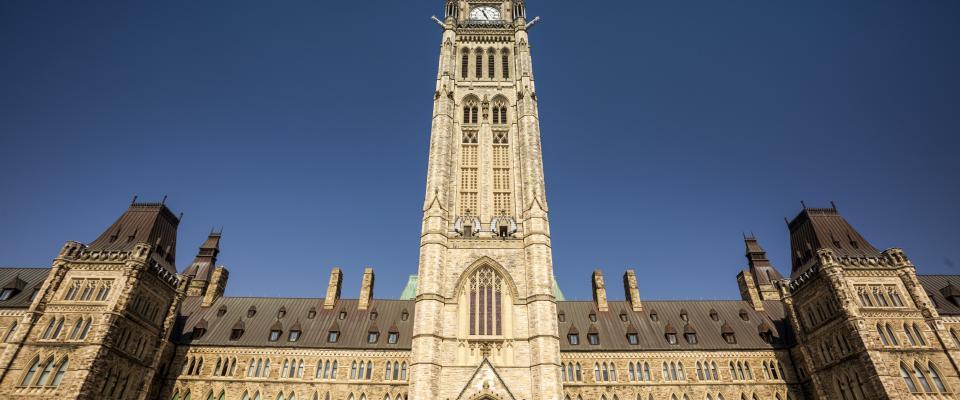The Government of Canada has extended the Canada Emergency Response Benefit (CERB) another 4 weeks before transitioning to Employment Insurance (EI). In the announcement last week the government also said the requirements to qualify for EI benefits will change in order to give more workers access to the insurance system they pay into, and that several new recovery plans will be established to assist workers impacted by the COVID-19 pandemic.
What is changing
- CERB extended by 4 weeks to a maximum of 28 weeks
- EI will be simplified as of September 27 for one year
- EI eligibility is effectively reduced to 120 hours
- The minimum payment is now $400/week for up to 26 weeks
- The government is proposing three new recovery benefits related to COVID19
- Canada Recovery Benefit for self-employed workers
- Canada Recovery Sickness Benefit for those who are ill or isolating due to COVID19
- Canada Recovery Caregiver Benefit for those who must take care of dependents because of COVID19 related to closures of school or childcare facilities or other care disruptions.
Reforms fall short
PSAC welcomes the moves by the Government to improve access to EI benefits and raise the minimum weekly benefit entitlement to $400 but notes the new minimum significantly falls short of the $500 weekly benefit through CERB. It is also lower than the weekly benefit of $500 for parents who end up being forced to forfeit income as a result of COVID-related school or child care closures, or other disruptions to care arrangements. The national average rent on a one-bedroom apartment plus utilities is over $1450 per month. This decrease in benefits to $1600 per month will mean that many recipients will be left without enough cash for food.
Unfortunately, the changes are bandages to already-existing, significant gaps in EI and other income support programs.
Sick benefits inadequate
The Canada Recovery Sickness Benefit, a new temporary measure to support sick or self-isolating workers, will be offered to Canadians. PSAC has long argued that all workers need access to paid sick leave and thus we support this measure as a first step. Yet, this benefit will only be available for a maximum of two weeks, even when evidence shows that COVID-19 recovery periods can last weeks or months, even with mild cases. This raises serious safety concerns. The sickness benefit should cover workers by providing income for the full duration of the isolation/recovery period.
Uncertainty ahead
We are concerned by the gap between the end of CERB on September 27 and the start of the new benefits in October.
Uncertainty is also created by the fact that the new recovery plan is subject to legislation. With a minority federal government currently in place in Ottawa, this legislation could not pass, and workers would be left out without any income to support their family.
“What the government has announced goes some way to addressing important gaps in income support—gaps that will widen when CERB is ended” said PSAC National President Chris Aylward. “We are looking to Cabinet to exercise its authority to protect workers to mitigate the effects of COVID19 and calling on the Ministers involved to do this in full consultation with our members who deliver the programs.”
PSAC would like to see improvements to this plan:
- The CERB and related measures must be extended until the end of December 2020 to give time for the government to develop and introduce legislation in a thoughtful, thorough and consultative manner and overlap the current income assistance programs with the implementation of new programs so that there are no gaps in support.
- There must be full and regular consultation with the bargaining agents who represent workers at EI and CRA to address any and all concerns with respect to the administration of the EI changes and the introduction of the new recovery benefits.
- The government must abide by the precautionary principle of public health in all its decisions. It cannot assume that workers will recover, or not be contagious, after 2 weeks of isolation.
- The government must add specific measures for those workers who are able to work but who cannot return to the workplace because they live with health factors that put them at increased risk for serious illness (including, but not exclusive to asthma, COPD, hypertension and heart disease, cancer).
- The government should take this opportunity to develop permanent and inclusive reforms to Employment Insurance to address long-standing concerns about equitable access and inadequate level of support.
- Develop a national strategy to ensure that decent work is available to all Canadians.
 Member Login
Member Login



